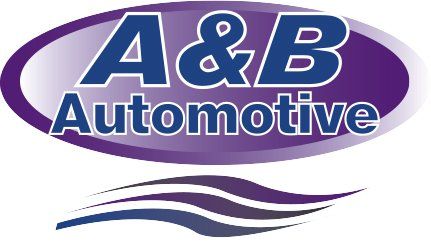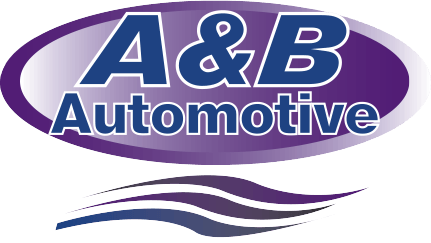PENNSYLVANIA STATE INSPECTION CHECKLIST: PERFORMING A STATE INSPECTION
These inspections are performed at official PennDOT Inspection Stations each day, with licensed inspectors checking vehicles to ensure they are ready for the road.
What Does a PA State Inspection Cover?
Knowing what an inspector is looking for can be a big help, because you can review some of these things prior to an inspection. PA vehicle inspectors are certified to:
• Compare registration against Vehicle Information Number (VIN) and other records.
• Make a visual anti-tampering check to see if required emissions parts have been altered or removed.
• Test windshield wipers, horns and warning lights, suspension components and steering, braking and fuel systems, tires and wheels, windows and mirrors, speedometer, seatbelts, and safety equipment.
• Inspect body and chassis for rust and leaks.
• Check anything that appears to put the vehicle and driver at risk.
With a PA state inspection, there are very few check points that receive a simple “yes” or “no.” For example, steering, exhaust systems, and brakes are all tested for a range of acceptability.
Things Inspectors Look For
Inspectors are not looking for reasons to fail your vehicle, and of course, most vehicles do pass inspection and emissions tests. So, what are some things that will tip off inspectors?
• If the check engine light is on or not operating, the vehicle will fail inspection
• Rearview, passenger sideview, and driver sideview mirrors must not be cracked, and if they are, they must be replaced with new or used mirrors.
• If the windshield is cracked on the driver’s side, and the crack is large, it must be replaced. This can be an obvious safety hazard if not properly repaired.
• All exterior lights, including headlights, taillights, and turn signals, must be fully operational. If a bulb is blown out, it will need to be replaced.
These are just a few of the things inspectors look for on their own inspection checklists.
Completing a PA Auto Inspection
Given how complicated and technologically advanced vehicles are today, completing a thorough inspection takes more time than it used to. There used to be a time when any auto technician could look at a car, but parts and systems have become more complex.
It takes a specific certification, which must be held before you can legally approve a car for the roadways.
Quick & Reliable
We guarantee all of our work and know you will be happy with the outcome.
© 2024
All Rights Reserved | A & B Automotive









